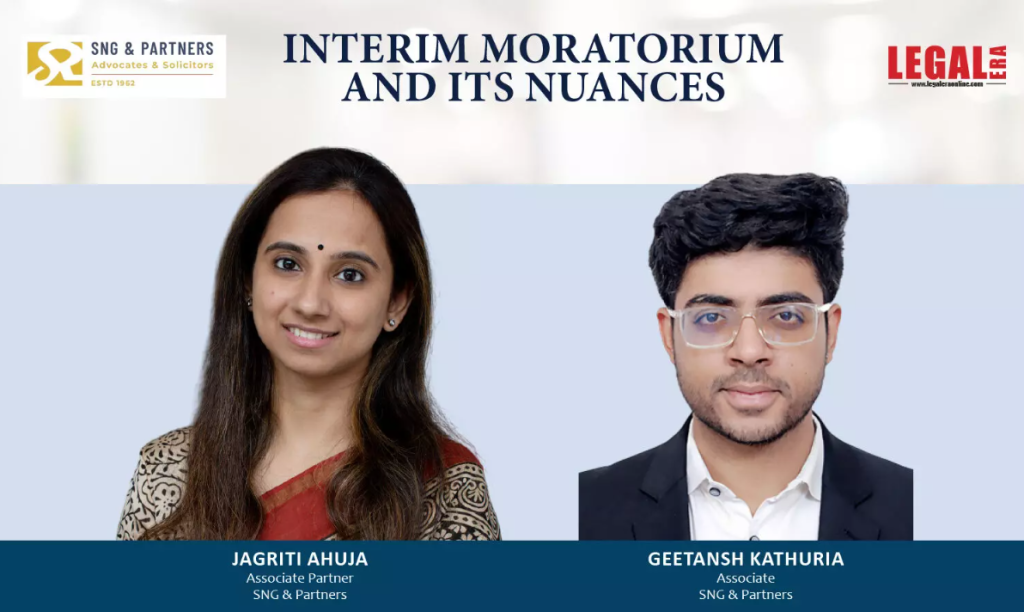The banks in their normal course of business issue guarantees against deposit of margin money on behalf of their clients in favour of government or government-owned entities. Banks need to know with certainty their liability and the cut-off date when they can extinguish their liability for the issued bank guarantees.
The Limitation Act, 1963, prescribes a time limit of 30 years for all suits to be instituted by the government. Prior to the amendment to section 28 of the Indian Contract Act, 1872, by the Banking Laws (Amendment) Act, 2013, the banks were apprehensive that in view of this limitation period, a stipulation in the contract for discharge of liability was void under section 28.
This was so because in the case of Union of India v Bhagwati Cottons Ltd, Bombay High Court struck down extinguishment clauses as invalid in view of a 1997 amendment to section 28. Even after a division bench of Bombay High Court overruled this decision in Indusind Bank v Union of India, the banks insisted on return of the original bank guarantee or a no-claim notice before they released the margin money.
Prior to 1997, section 28 stipulated that every agreement by which any party was restricted absolutely from enforcing its rights under or in respect of any contract by the usual legal proceedings in the ordinary tribunals, or which limited the time within which it may thus enforce its rights, was void to that extent. Under the 1997 amendment, section 28(b) provided for agreements which extinguish the rights of any party, or discharge any party from any liability under or in respect of any contract on the expiry of a specified period so as to restrict any party from enforcing its rights.
This amendment was discussed and it was held in Union of India v Bhagwati Cottons Ltd that a provision made in the bank guarantees, to the extent that the rights of the party would stand forfeited and the defendant would stand discharged unless a demand or claim under the bank guarantees was made in writing within the specified time, was hit by 1997 amendment.
This position was overruled in Indusind Bank v Union of India and also in Explore Computers Pvt Ltd v CALS Limited and Anr, in which it was held that the restrictive clause in the bank guarantees whereby the beneficiary was required to enforce its claim within a stipulated period after expiry of bank guarantee violated section 28, but a clause in an agreement which provides for the forfeiture or waiver of the right itself if no action is commenced within the period stipulated by the agreement would not violate section 28.
To resolve the conflicting judgements, the 2013 amendment added exception 3 to section 28, which provides legitimacy to a term in a guarantee for extinguishment of the rights or discharge from any liability on the expiry of a specified period which is not less than one year from the date of occurring or non-occurring of a specified event.
This raises the question that if under the Limitation Act, the time period for enforcement is 30 years for government contracts, can exception 3 of section 28 of the Contract Act limit the limitation period to not less than one year?
It can be inferred from the case of Kaushalya Rant v Gopal Singh that exception 3 is dealing with a special subject, i.e. a bank guarantee, and also it is confined to a specific branch. Therefore, to that extent and in terms of statutory interpretation, exception 3 is special law and would prevail over the provision of the Limitation Act.
In the recent case of Union of India & Anr v M/S Indusind Bank Ltd & Anr, while interpreting the discharge of liability clause the Supreme Court observed that “stipulations like the present would pass muster after 2013 if the specified period is not less than one year from the date of occurring or non-occurring of a specified event for extinguishment or discharge of a party from liability”.
The Reserve Bank of India, in a circular dated 19 October 2015, confirmed the view that after the 2013 amendment, banks may not retain margin money after the invocation period.
In light of the above, a clause in a bank guarantee may provide for discharge of the bank’s liability in the event that (i) no claim is made within the claim period and (ii) if a claim is made during the validity of the guarantee, not less than one year is provided for enforcement of the guarantee from a specified event, after which the bank shall be discharged of it liabilities.
SNG & Partners has offices in Delhi, Mumbai, Singapore and Doha. Amit Aggarwal is a partner and Rahul Sud is an associate partner.




